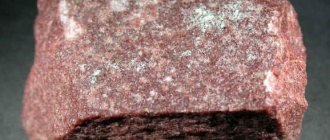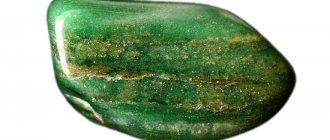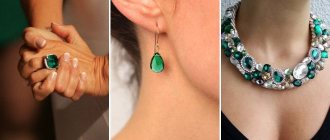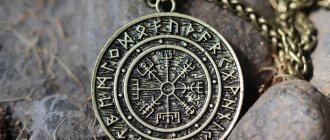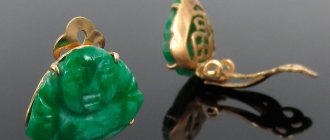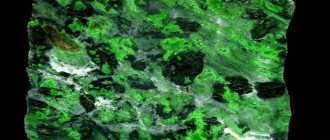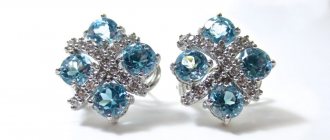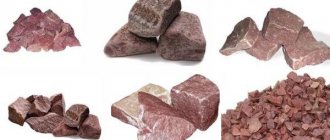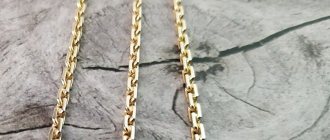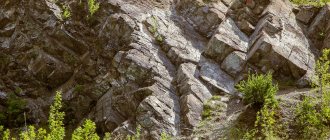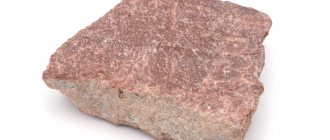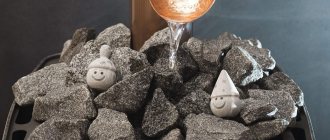5/5 — (1 vote)
Friends. Today we’ll talk about one of the most expensive bath stones, and whose health benefits have been scientifically proven. One of the most heat-intensive, one of the very best. Jadeite for baths.
What is he really like???
When I got a job at the store, my colleagues immediately started telling me about its miraculous effects on the body, its incredible service life, and beauty. Of course, you can’t argue with beauty - it’s a nice stone, but here’s everything else.
What does the wiki tell us about him?
Jade
(French
jadéite
, from jade - jade) is a green mineral from the group of alkaline monoclinic pyroxenes with an entangled fibrous structure, sodium silicate and aluminum. It got its name from jade. Externally, jadeite is very similar to jade (in trade nomenclature, both of these minerals are often referred to under the common name “jade”), however, it is less common than jade and is valued higher (this is especially true for the so-called “imperial” - an emerald green translucent or transparent variety of jadeite, homogeneous in color and structure). In addition, jade is harder and more durable than jade.
We understand that we are talking about a mineral that is even more expensive than jade. In the bath business, jade is considered one of the most expensive stones, and, naturally, more expensive than jadeite. In the end we understand. that we won’t find the necessary information on the wiki. We go to the largest manufacturer's website.
Among all the marketing tinsel we find its characteristics:
Hardness: 7 on the Mohs scale. Density: 3.25-3.43 g/cc, usually 3.34 g/cc. Compressive strength: 3640-9320 kg/sq.cm. Strength coefficient (20-point Protodyakonov scale): 20. Melting point: 1040 – 1060 C. Specific heat capacity: 0.88 kJ/kg C. Coefficient of linear thermal expansion: 0.35-0.46 10 to the 5th power1/ C. Thermal conductivity coefficient: 2.30-3.60 kW/(mhC) Total porosity: 0.3-0.5%. Water absorption: 0.01-0.03%. Ionizing radiation ERN at a rate of up to 370 BC/kg: 0.1-14.2 BC/kg.
